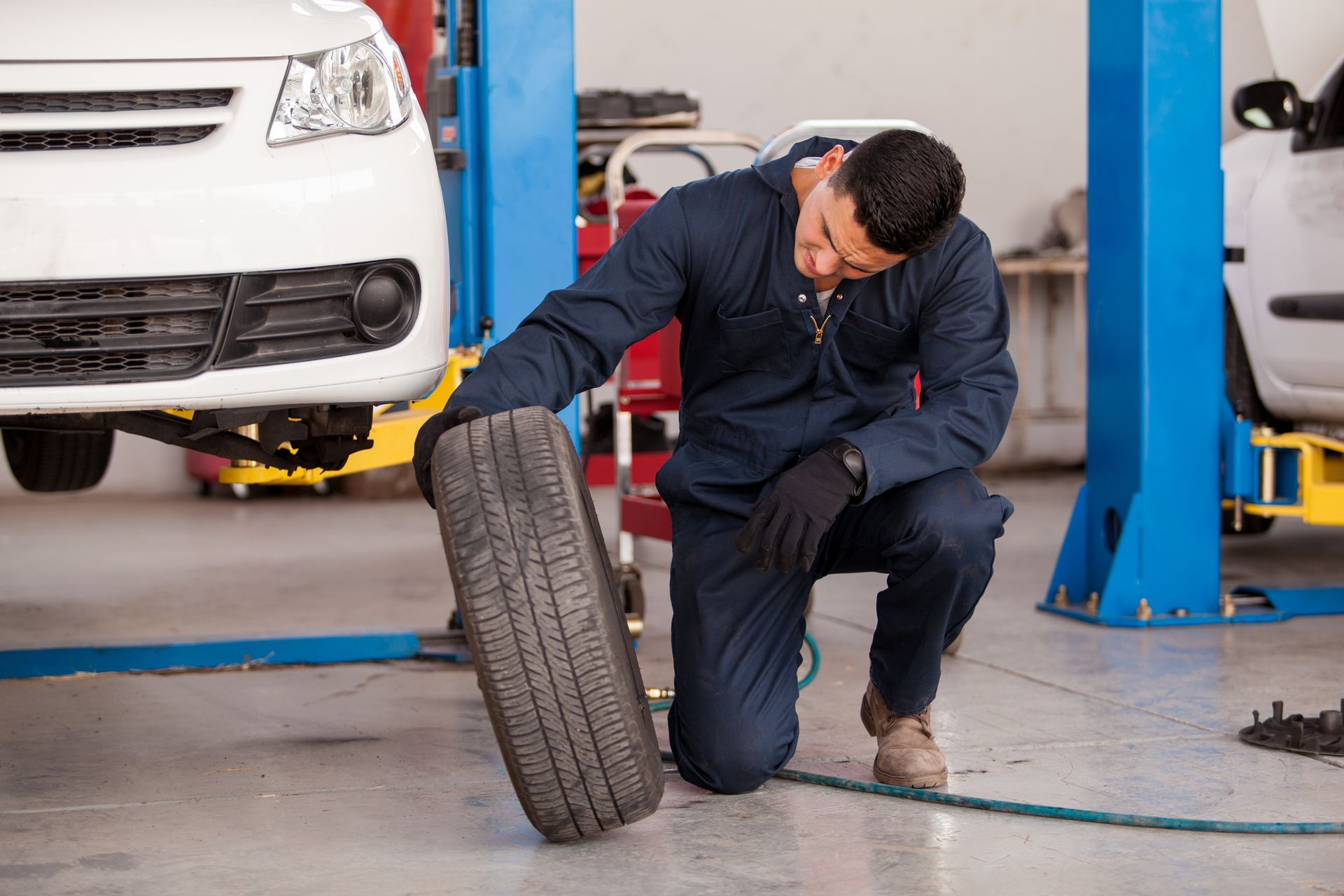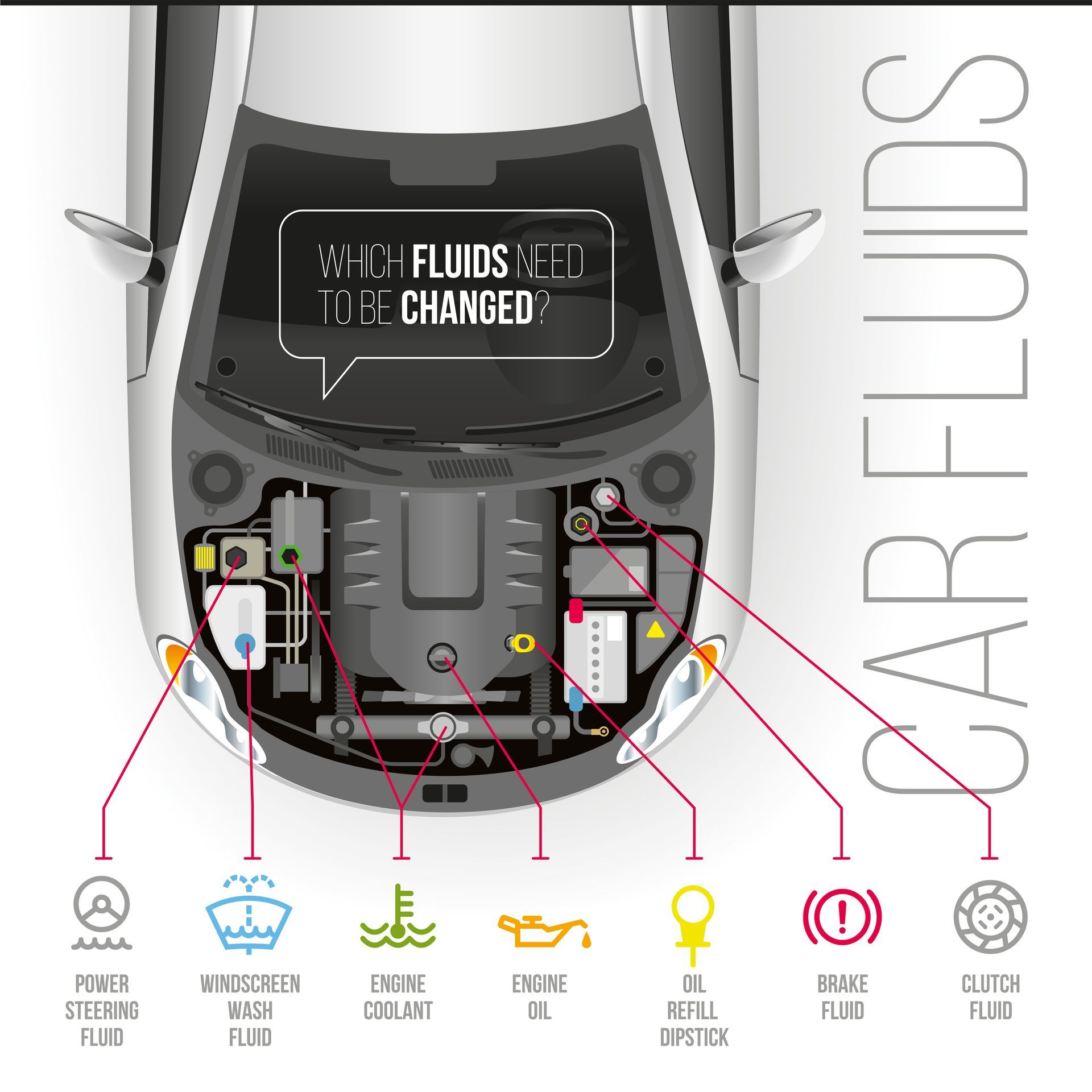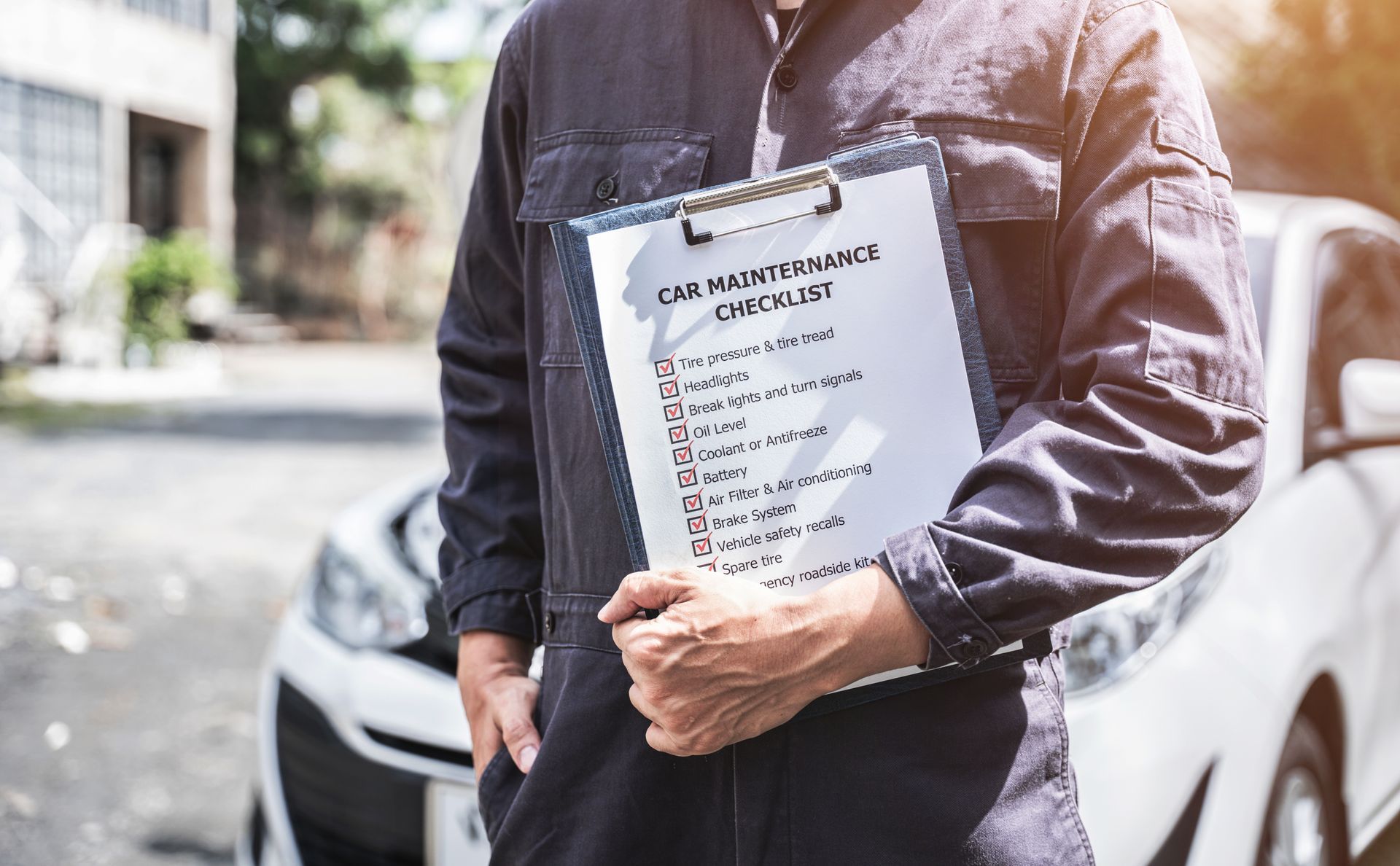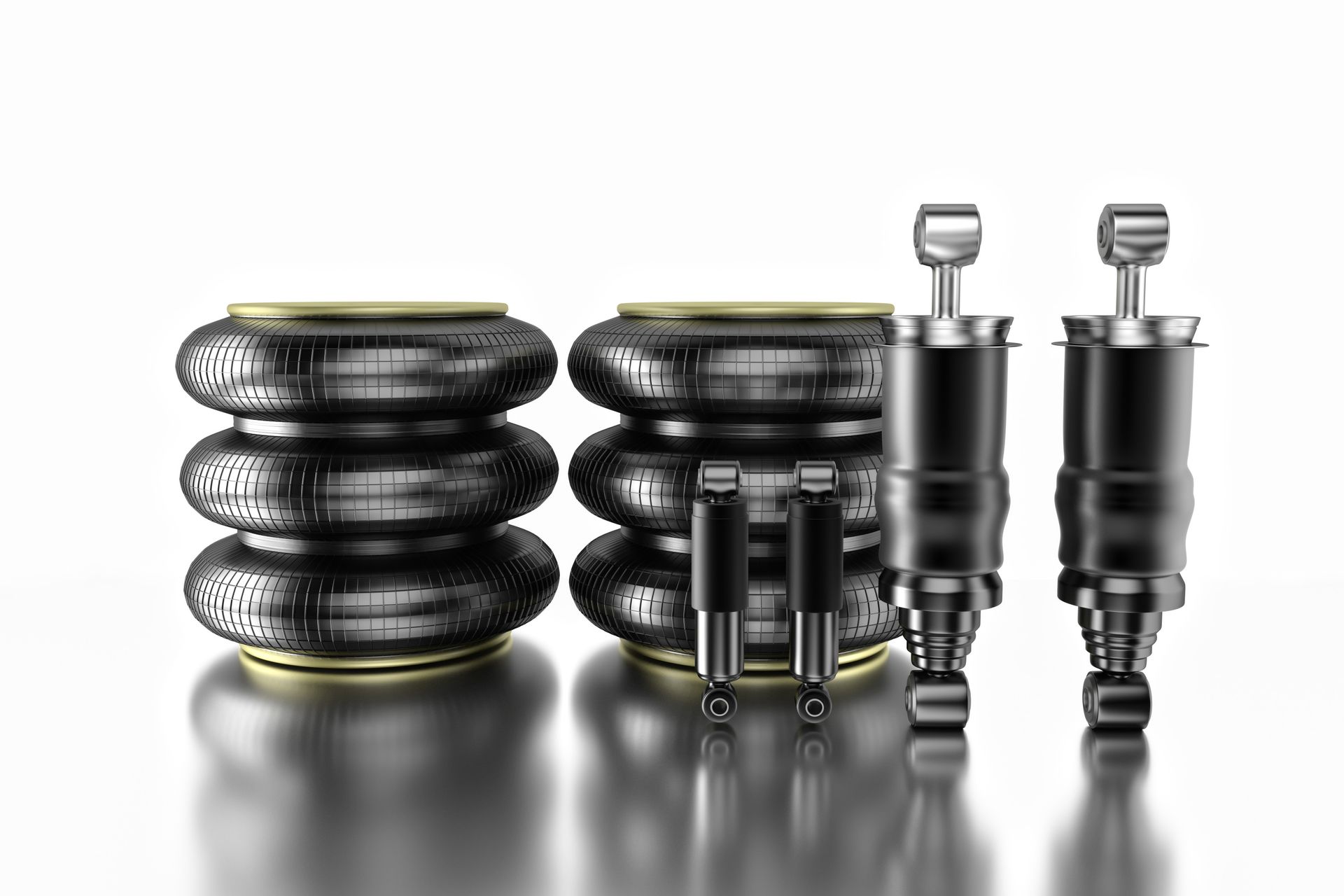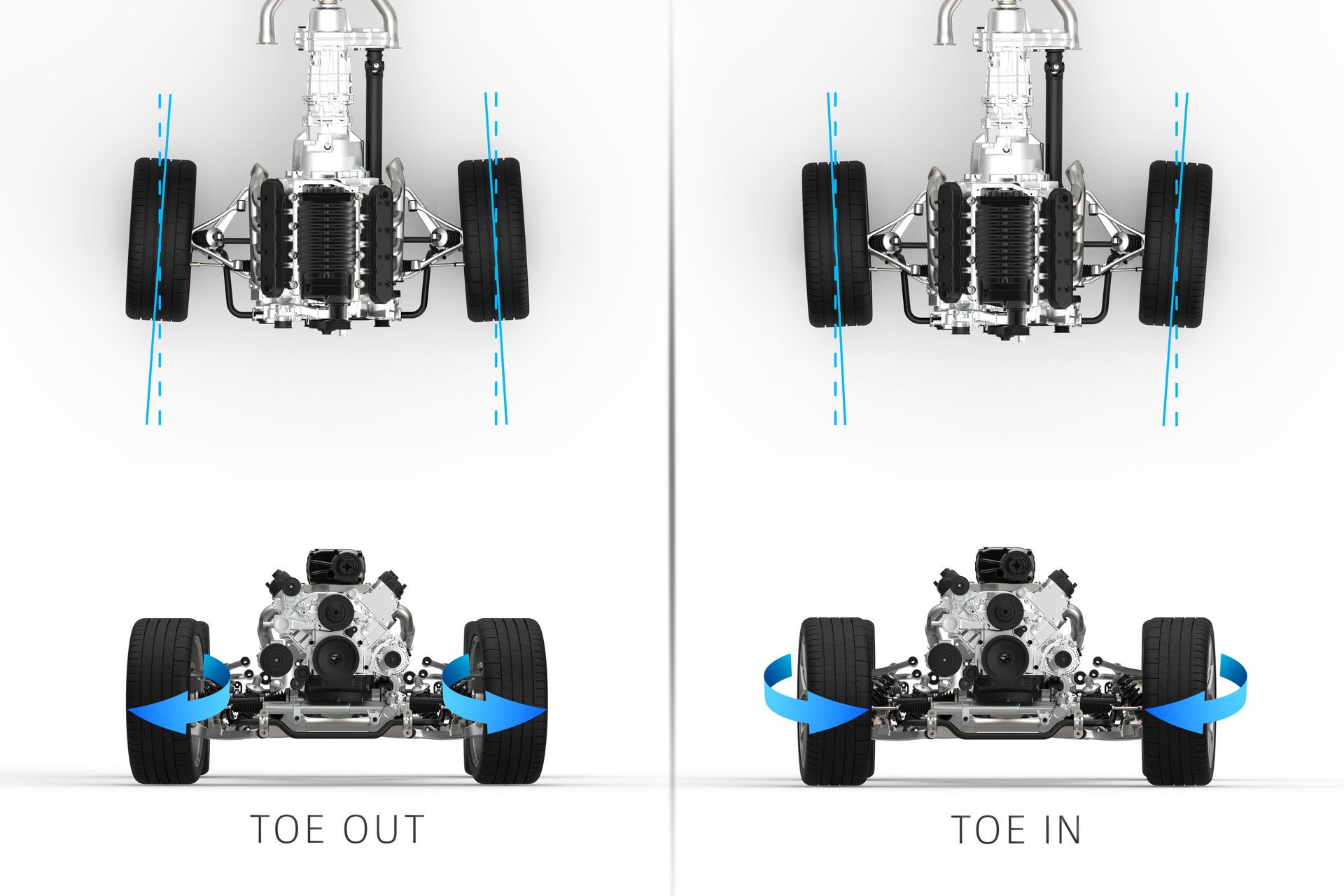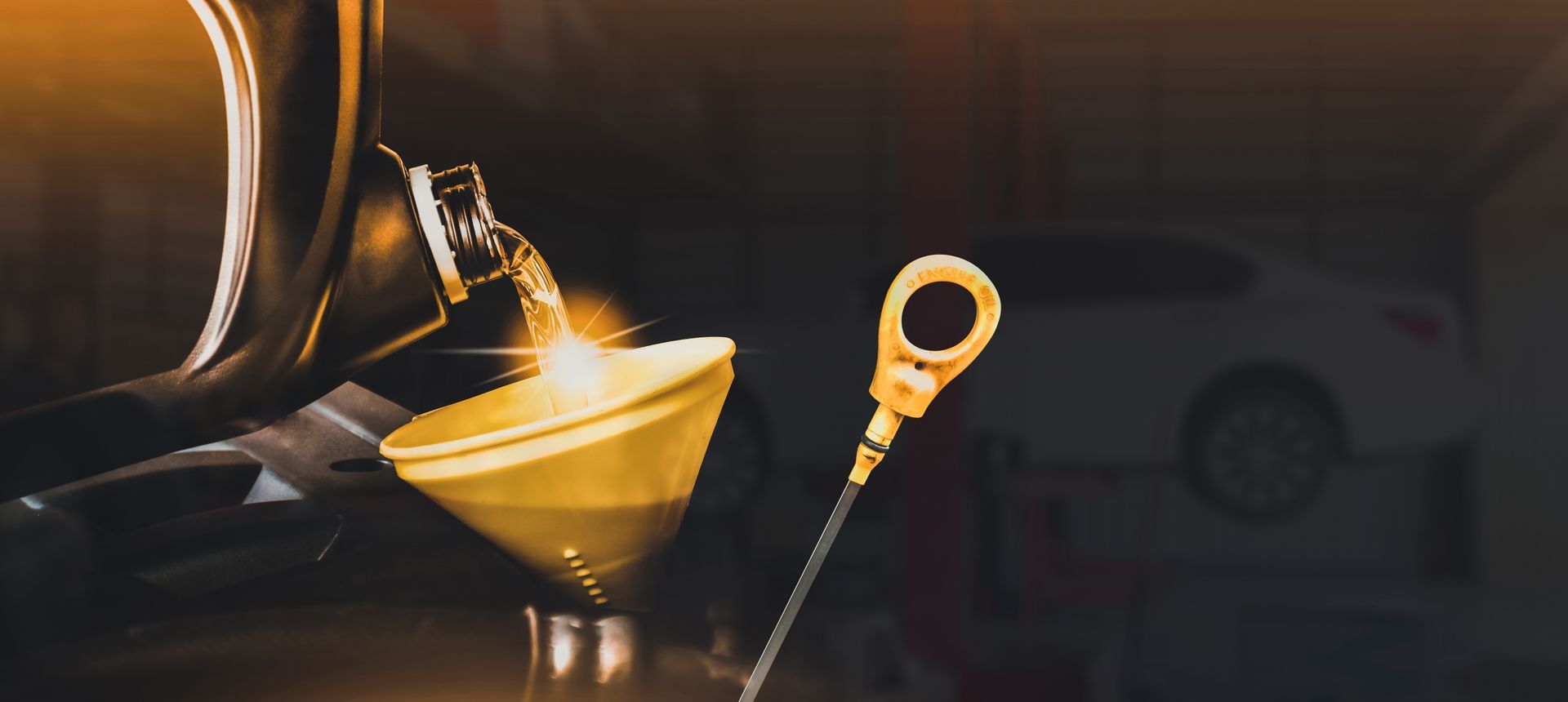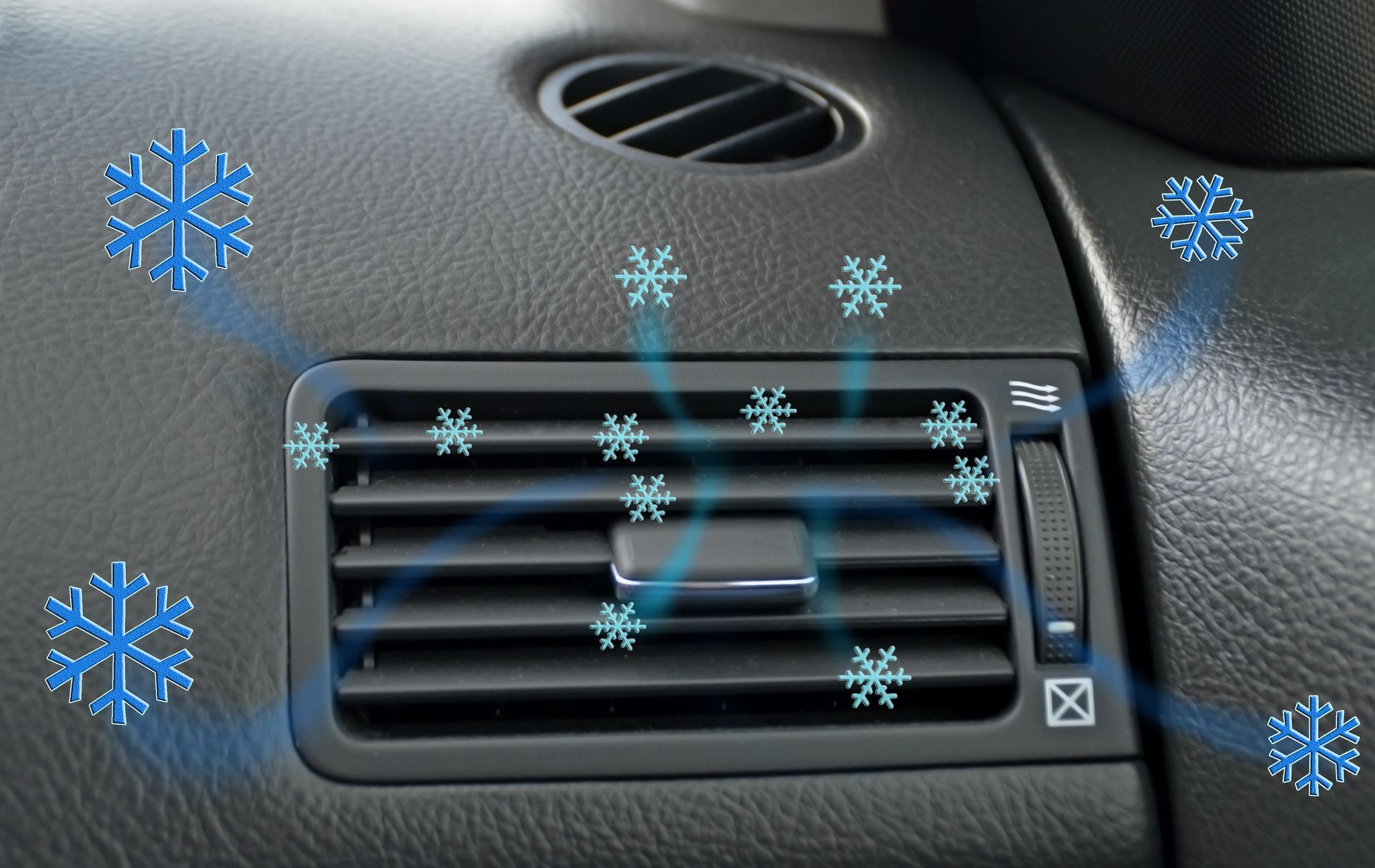When it comes to vehicle safety, few components are as critical as the brake system. At the heart of this system are the brake pads, responsible for converting kinetic energy into thermal energy to stop your vehicle.
Understanding Brake Pads
The brake pads are a crucial part of the braking mechanism, and they are located between the brake calipers and the brake rotors. As you push the brake pedal, the hydraulic pressure propels the brake pads toward the rotors, creating friction that decelerates or halts the vehicle.
When you apply the brakes, the brake pads press against the rotating brake rotors, creating friction. This friction converts the moving vehicle's kinetic energy into thermal energy, which dissipates into the surrounding air, slowing down the vehicle.
Types of Brake Pads
Organic Brake Pads
Made from natural materials like rubber, glass, and resin, organic brake pads offer quiet operation and low levels of dust. However, they may wear out faster under heavy use.
Semi-Metallic Brake Pads
These pads are composed of metal fibers mixed with other materials. They provide excellent braking performance and are more durable, making them suitable for high-performance vehicles.
Ceramic Brake Pads
Constructed from ceramic fibers, these pads offer superior heat dissipation and longevity. They produce minimal noise and dust, making them a popular choice for everyday driving.
Signs of Brake Pad Wear
Squealing or Grinding Noises
One of the most common signs of worn brake pads is a high-pitched squealing or grinding noise when you apply the brakes. This noise occurs due to the metal wear indicator on the brake pads making contact with the rotor, signaling that the pads have reached a critically low thickness.
Reduced Braking Performance
As brake pads wear down, their ability to generate friction and stop the vehicle diminishes. If you notice that your vehicle takes longer to come to a complete stop or requires more force on the brake pedal, it could indicate worn brake pads.
Vibrations or Pulsations
Worn brake pads can lead to vibrations or pulsations felt through the brake pedal or steering wheel when braking. These vibrations occur due to uneven wear on the brake pads or warping of the brake rotors, resulting in an inconsistent braking feel.
Thin Brake Pad Thickness
A visual inspection of the brake pads can reveal their condition. If the brake pads appear excessively thin, with less than 1/4 inch of material remaining, they are due for replacement. Additionally, some brake pads come with wear indicators that make it easy to determine when they need replacement.
Brake Pad Maintenance Tips
To ensure your brake pads stay away from the issues we just mentioned and optimal performance of your brake pads, it's essential to adhere to a regular maintenance routine:
Inspection
Schedule periodic inspections of your brake pads, ideally during routine maintenance visits or tire rotations. Check for signs of wear, such as uneven thickness or scoring on the brake pad surface. If the brake pads are nearing the end of their lifespan or show signs of significant wear, replace them promptly to avoid safety hazards.
Follow the Manufacturer's Recommendations
Consult your vehicle's owner's manual for the manufacturer's recommended intervals for brake pad replacement. Following these guidelines will help you stay proactive in maintaining your braking system and prevent unexpected brake failures.
Avoid Harsh Braking
Minimize aggressive driving habits that involve sudden or excessive braking, as this can accelerate wear on the brake pads. Instead, practice smooth, gradual braking to extend the lifespan of your brake pads and other braking components.
Keep Brake Components Clean
Maintain cleanliness around the brake system to prevent debris, dirt, and contaminants from accumulating on the brake pads and rotors. Regularly clean the wheels and inspect the brake calipers for any signs of brake fluid leaks or corrosion.
Besides that, consider professional brake cleaning services to remove stubborn brake dust buildup and maintain optimal braking performance.
Need a new set of brake pads? Call Global Auto Care, and our team will be happy to help!

